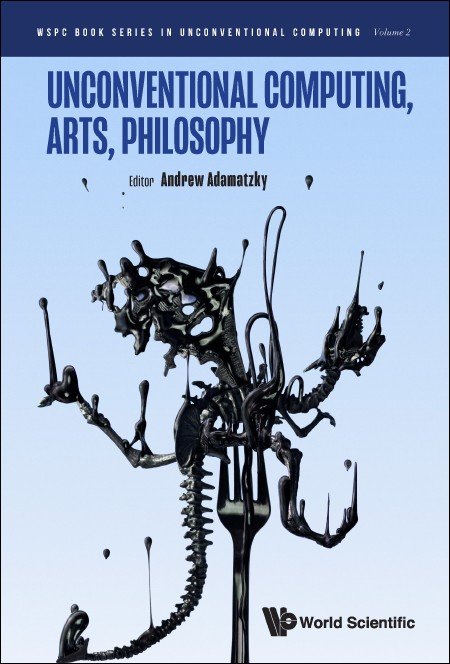
A Novel Perspective on Gravity: Is the Universe an Enormous Computer Optimizing Information?
An innovative study is challenging our comprehension of gravity—not merely as a fundamental force that dictates the movement of celestial bodies, but as a process of computational optimization woven into the very structure of the universe.
In an audacious theoretical advancement, physicist Dr. Melvin Vopson from the University of Portsmouth suggests that gravity could be a byproduct of the universe functioning as a vast, hyper-intelligent computer program. His recent article in AIP Advances presents a radical suggestion: the universe is not just a physical entity, but a digital information-processing mechanism striving for efficiency.
Reconceptualizing Gravity Through Information Theory
Conventional physics has historically explained gravity through Newtonian or relativistic frameworks—either as a force acting between masses or as the bending of space-time. Dr. Vopson’s viewpoint introduces a fresh perspective: gravity as an emergent attribute of an information-centric universe.
“My research in this study aligns with the idea that the universe might function like a colossal computer, or that our reality is a simulated construct,” Vopson states. “Just as computers aim to conserve space and operate more efficiently, the universe could be doing the same. It’s a novel way to consider gravity—not merely as a force of attraction, but as an occurrence when the universe is attempting to remain organized.”
From Bits to Mass: Information Holds Weight
Dr. Vopson’s recent research builds on his 2020 proposition that information possesses physical mass. In this framework, the smallest components of the universe—elementary particles—bear intrinsic information, akin to how a biological cell encapsulates DNA. Just as every data byte adds to a computer’s memory load, the informational “substance” of particles could affect their mass and energy.
Now, he advances this concept further—proposing that space itself is pixelated into basic data units or “cells.” These binary cells record information based on their occupancy: a ‘0’ indicates an unoccupied cell, whereas a ‘1’ denotes an occupied one. Within this paradigm, gravitational attraction acts as a form of data compression—the universe finds it more efficient to cluster particles together, thereby consolidating memory use and reducing computational strain.
Is Reality Simulated? It’s Not Purely Sci-Fi
This notion parallels the mechanics behind popular technologies such as video games or virtual simulations, in which the system only renders detailed graphics when necessary to save on processing power. “The operation is akin to how a digital computer game, a virtual reality application, or other sophisticated simulation would be structured,” Vopson elaborates.
By drawing particles nearer together, the system lowers entropy and streamlines the information it must house and process—much like consolidating multiple folders into a single directory on a computer.
The Second Principle of Information Dynamics
His theory complements the notion of a second principle of information dynamics, similar to thermodynamics but based on data entropy. From this perspective, the universe aims to uphold informational efficiency—particularly by minimizing duplication and fragmentation.
“This induces the attracting force due to the rules embedded in the computational system, which necessitate the minimization of information content, and consequently, a reduction in computational power,” Vopson clarifies. “In straightforward terms, it is significantly more computationally efficient to monitor and compute the position and momentum of one object in space than that of many.”
Implications Beyond Gravity
If validated, this theory could unravel some of the universe’s most profound enigmas. Ideas like dark matter and dark energy, which have long resisted thorough explanation, may be manifestations of concealed informational phenomena rather than merely physical constructs. Similarly, it could redefine the principles governing black hole thermodynamics—which intriguingly hint at deep connections between information theory and gravitational entropy.
The Simulation Hypothesis Gains Scientific Validation
While the notion of the universe being a simulation has been popularized by figures like Elon Musk and envisioned in science fiction, Dr. Vopson’s research provides the theory with a solid mathematical and physical basis. The suggestion that reality operates on computational principles unites physics, computer science, and philosophy—and it may eventually become testable.
Although still hypothetical, this line of investigation contributes to ongoing discussions in quantum information science, where the boundaries between computation, consciousness, and the universe grow increasingly blurred.
What Lies Ahead for the Theory?
Despite its thought-provoking implications, the model remains theoretical and seeks experimental verification. Future experiments could investigate how information behaves in high-gravity scenarios—or whether it can indeed be directly correlated to physical mass under certain conditions.
Regardless, Dr. Vopson’s findings spark a transformative shift in the way scientists might envision space, time, and matter. Rather than being governed by immutable cosmic laws, could the universe be operating on algorithms devised to organize, compress, and process data?
Is Our Reality Operating on Code?
Whether or not we exist within a code-based simulation, Vopson’s research calls for a reevaluation of gravity—not just as a